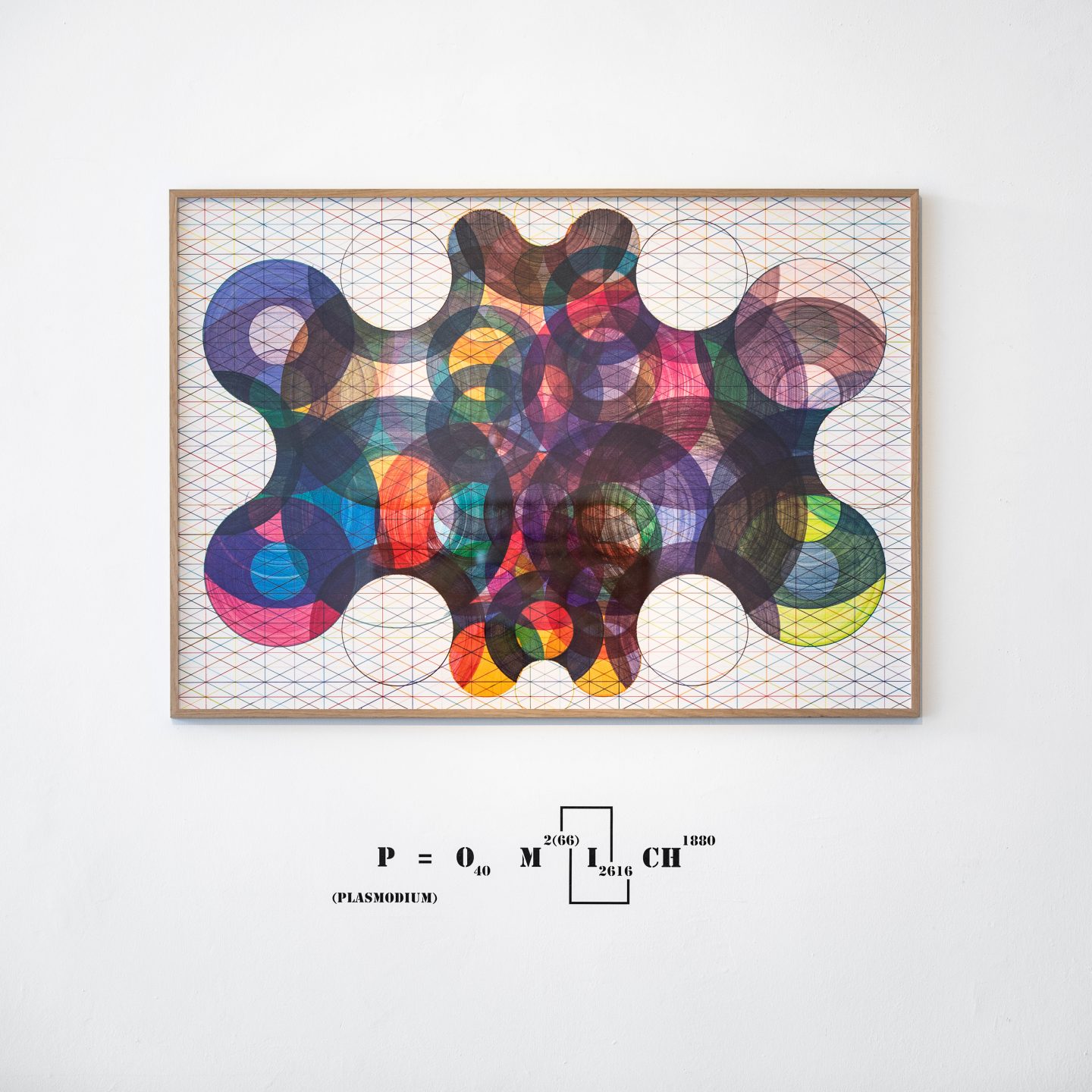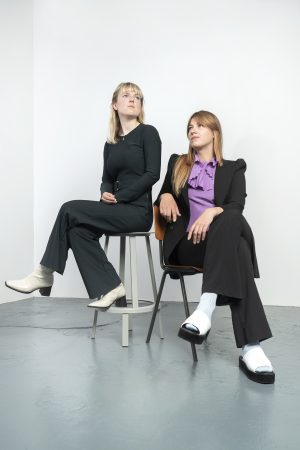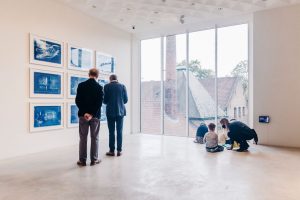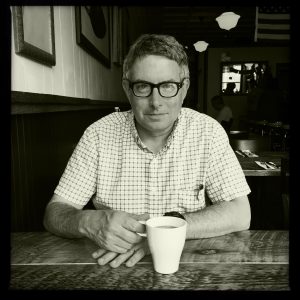
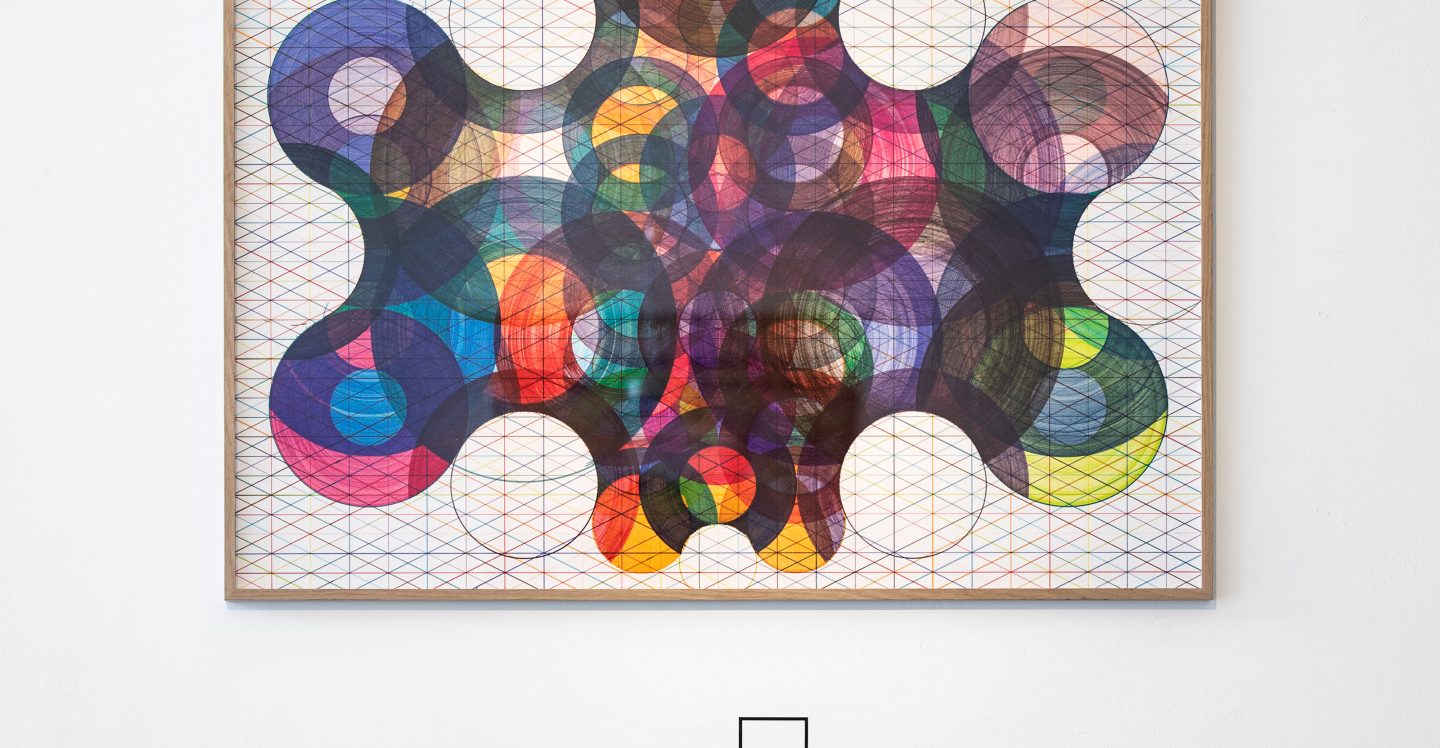
Ecole Mondiale ©Z33_KristofVrancken
A conversation with Ecole Mondiale
On ‘inhabiting’ Time.
Fieldstation: Time tries to find a way to set up the exhibition space as a shared space-time continuum between two different places, Hasselt and Lubumbashi).
“EM arose to reflect upon the controversial school known as ‘Ecole Mondiale’, launched by King Leopold II in 1905. In adopting the name of this never realized school, that was meant to prepare young men for a colonial career, we intended to create a collective platform for developing new pedagogical models and “tools for learning” as an artistic practice. Although EM does not address Leopold II’s perspective as the colonizer, our project shares affinities with current debates on decolonisation.” EM organizes artistic ‘Fieldstations’, open-form, public cross-over workshops presented in the context of art exhibitions. We’ve replaced the original Ecole Mondiale’s departments (eg Language, Cartography, Mathematics, …) with 9 thematic Fieldstations. During exhibitions, we recruit the public for participatory EM-Fieldstations.
Hasselt – Tijd / Temps de Lubumbashi
In the current edition of Fieldstation: Time the collective focuses on the notion of ‘inhabiting time’, a subjective experience of time that opposes the idea of a unified and measurable clocktime.
“Fieldstation: Time started with EM’s investigating into a model of time that could include different concepts and models of time. One of the central elements was to integrate the idea of reconnecting with time, becoming a part of it. The notion of ‘inhabiting time’, is not an easy task, especially in the tumultuous times we are living in today. How do we inhabit time? How do we enhance time-awareness? Can we discover time in time or over time? Which allies are available to help us enact this inhabiting of time?”
The installation looks into the concept of time and how it is experienced and understood differently throughout different cultures. In order to develop these questions EM joined forces with a group of artists and thinkers that live in or come from Lubumbashi (the capital of the southern Congolese mining area Katanga).
Although time is perceived differently in every place and at any moment, the time we experience is always the same, here and in Lubumbashi. By seeing time as something equal, as something we share, our perspective changes and we realise that not only time, but also the political use of time is a construction, which could be looked at differently.
The installation gathers different contributions that each share a perspective on time. Photographer Alain Nsenga collected with a group of students street-sounds which they found most representative for their city, bringing the sound of Lubumbashi straight to the exhibition spaces in Hasselt. Artist Jean Katambaye contributed an abstract drawing based on a conceptual and mathematical formula in which the artist analyses in his own peculiar way the growing inequality of today, which he refers to as ‘malaria politique’. And the last element is a loose collection of animated vignettes that explore both the different and shared ways of experiencing time in the West and in Africa, brought by Congolese thinker, stand-up artist and storyteller Pie Tshibanda.
Each of these different fragments offers another perspective on time, that come together in the sand carpet drawing in the center of the space. In this way the work tries to find a way to set up the exhibition space as a shared space-time between two places.
“Of course, we know in the West that time can also be approached intuitively from the inside and that time depends on one’s activity, age, season, state of mind, psyche and all the other perceptions coinciding with sensations. But this qualitative approach, as compared to the quantitative one, has had far less influence on the west’s conceptual framing of time. The basic premise is that clock time or objective time and subjective time are two aspects of time and that its harmonious combination makes your time the most valuable and irreplaceable.”
Ecole Mondiale (or EM) is a nomadic school, a collective of artists, philosophers and scientists founded by Ive Van Bostraeten and Filip Van dingenen. Ils Huygens in conversation with them.
Listen to the stories of Pie Tshibanda and the soundscape Lubumbashi Time Sounds here.

